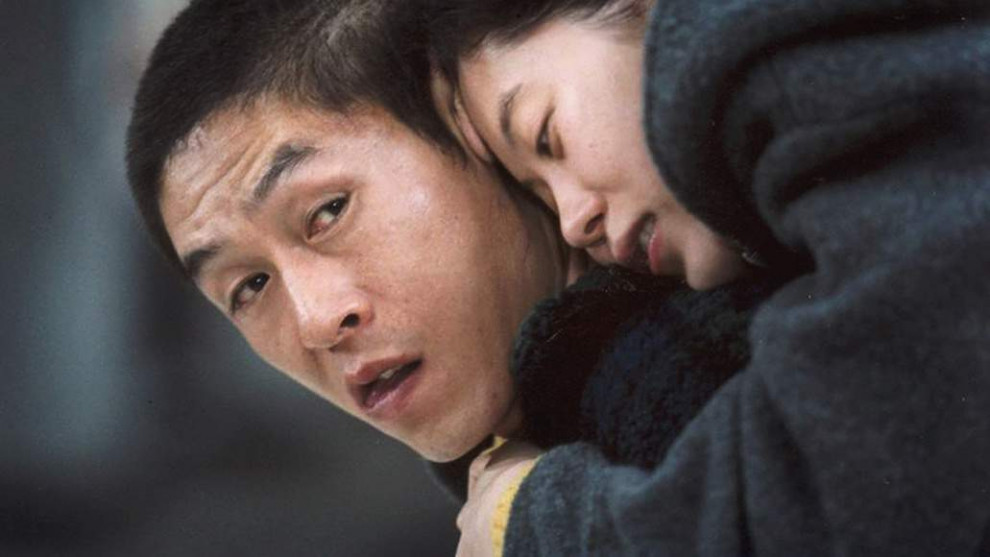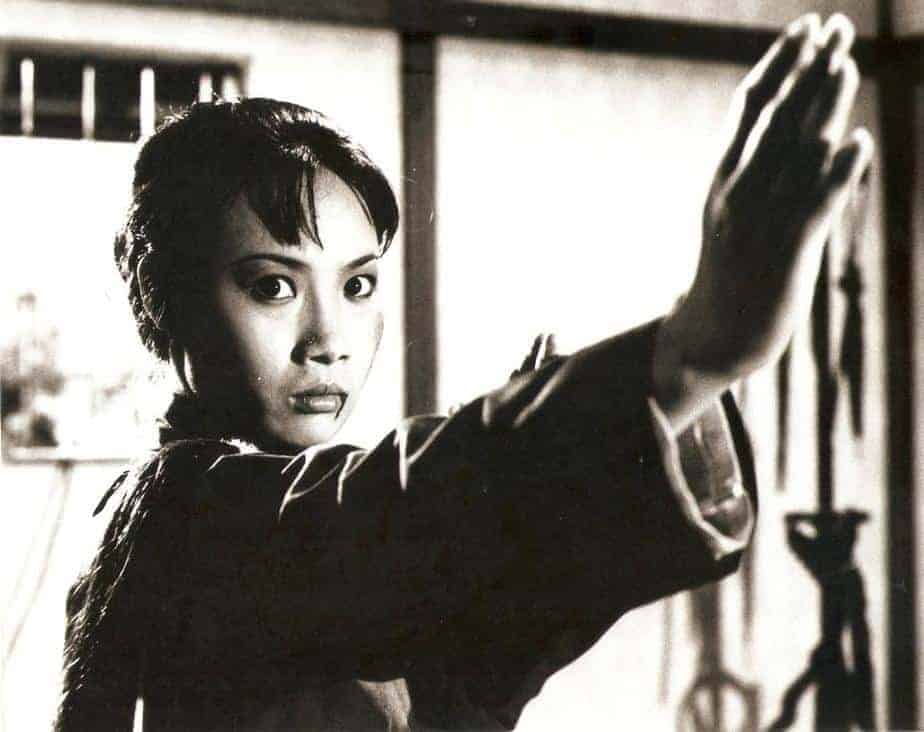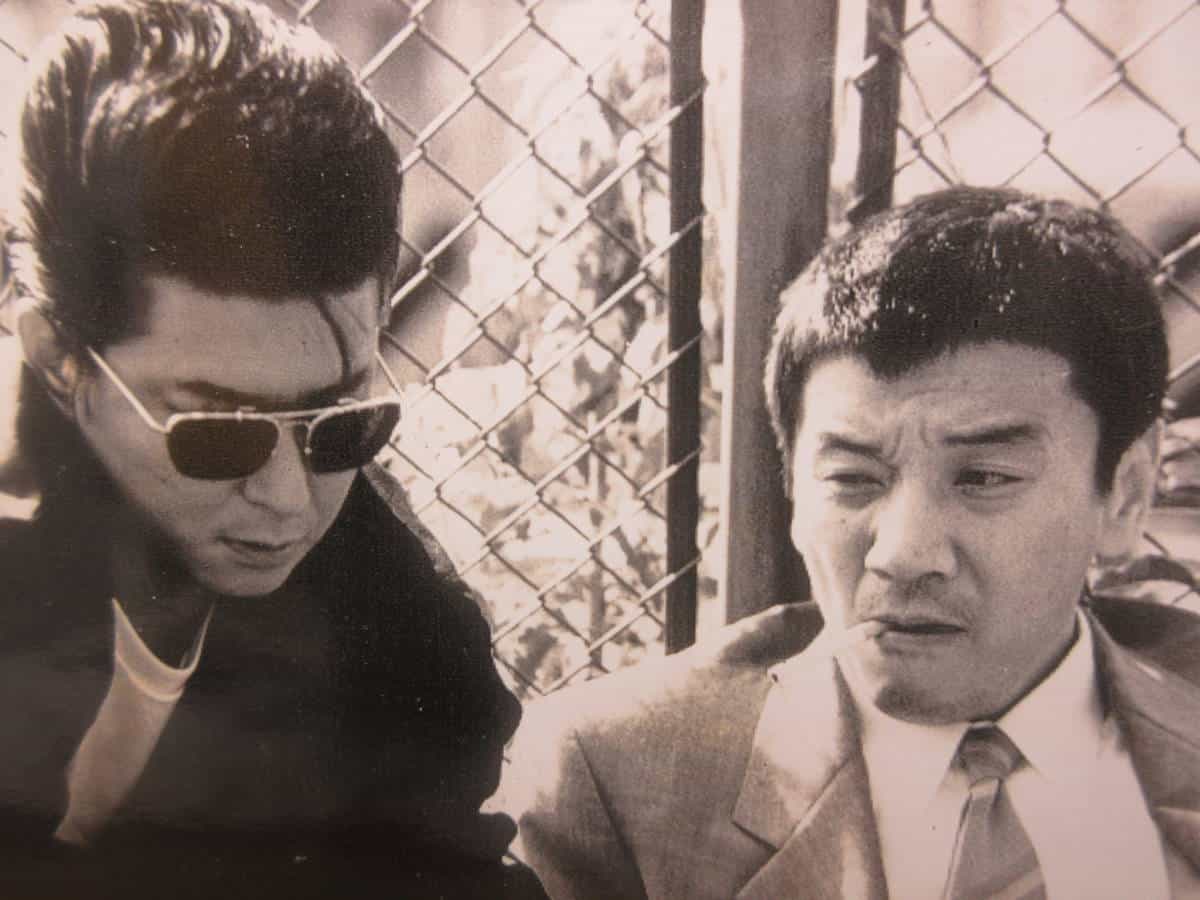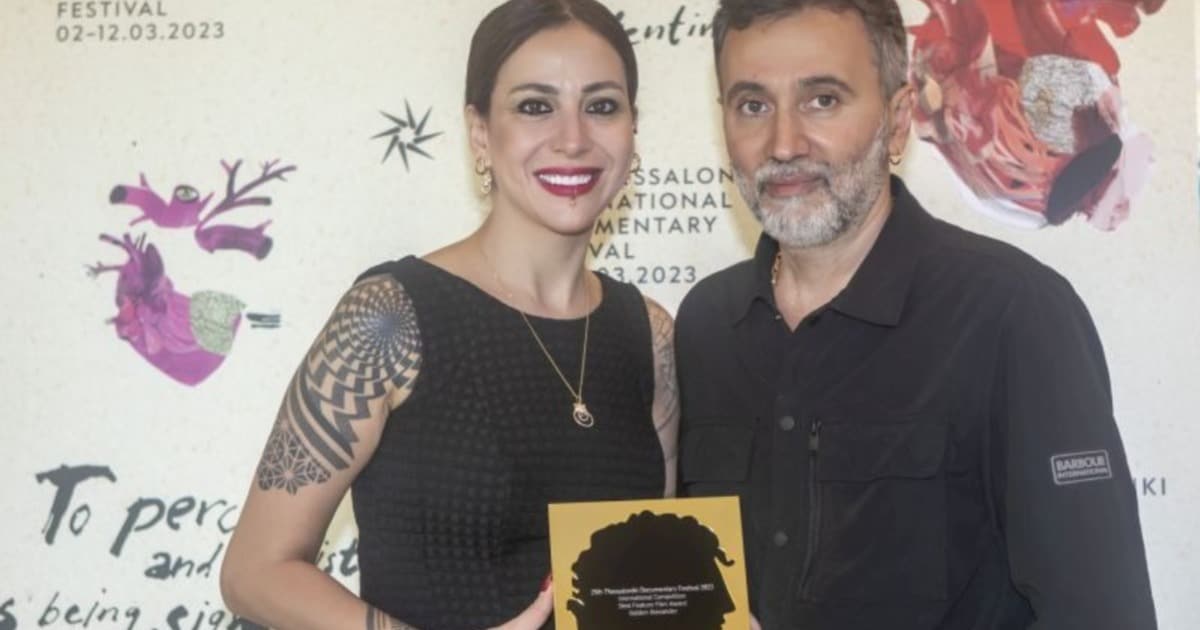Films like “Parasite” or “Train to Busan” may send ripples all over the international movie world, but Korean cinema is not just filled with expensive studio productions and blockbusters. On the contrary, the independent film industry is equally rich and also features a number of great movies, which unfortunately, do not reach so many people outside of the festival circuit. This list has exactly this purpose, of highlighting a number of titles that may not feature big budgets, but boast original stories, unique cinematic approaches, and muchartistry. Furthermore, in an initiative that started from Busan and Jeonju festival, a number of films of female directors were nurtured and promoted, in an effort to create titles that stray away from the male-dominated standards and stories that permeate the Korean film industry. Films like the “House of Hummingbird” and “A Bedsore” were the outcome of this effort and are also included in this list.
*We decided not to include more than one film from Lee Chang-dong, Hong Sang-soo and Kim Ki-duk, in an effort to highlight as many different directors as possible.
1. Breathless (Yang Ik-June, 2009)
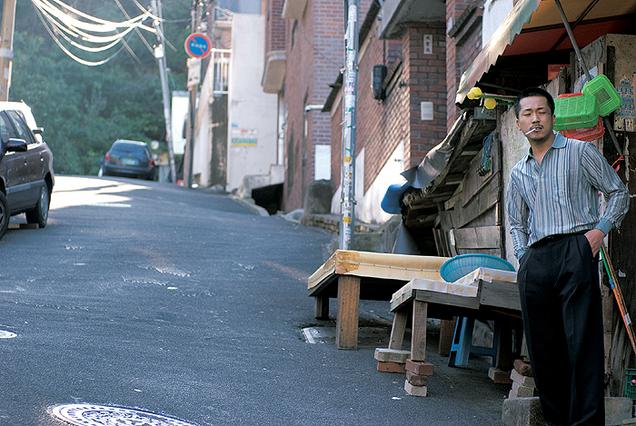
In distinct, one-man-show fashion Yang Ik-june directs, pens and plays Sang-hoon, doing a wonderful job in all three of them, creating very demanding characters and playing the most difficult among them, in a film that is mostly autobiographical. His primary purpose is to delve into the concept of domestic violence, and he accomplishes that by depicting it without constraints regarding the abuse it incorporates, both physically and verbally. The outcome is grotesque as much as it is realistic. His message is clear: the cycle of domestic violence is almost impossible to end. What makes “Breathless“ additionally extreme is that in the overwhelming majority of its duration, violence is present, not only from the protagonist, who seems to stop cursing only when he is beating someone, but also from parents toward their children. His biggest achievement though, in terms of direction, is that he does not let the film become a melodramatic tearjerker, despite the drama that permeates it. (Panos Kotzathanasis)
Buy This Title
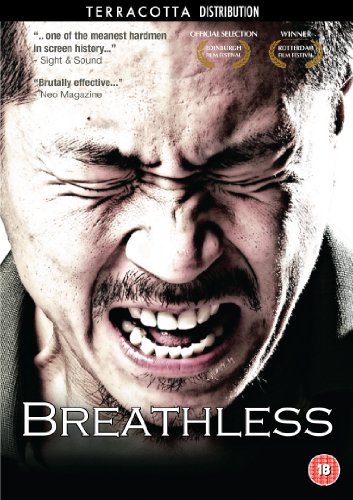
2. Jiseul (O Muel, 2012)

O Muel, a Jeju local himself, used mostly non-professional actors from the island for the cast, who actually speak a different language than the soldiers, who use the “Seoul” dialect. Furthermore, jiseul is a word specific to the island meaning potato, whose farming has a significant part in the narrative. This approach succeeds in two fronts: as a tribute to the locals lost in the incident, and in the utterly realistic presentation of both the area and its inhabitants. The second aspect extends to the ways of the locals, which are actually very similar to those of every small (and secluded) society, including an intense sense of comradeship, but also extreme gossip and quite crude humor, mostly focusing on mocking. The acting part also moves towards this direction. (Panos Kotzathanasis)
3. Hahaha (Hong Sang-soo, 2009)
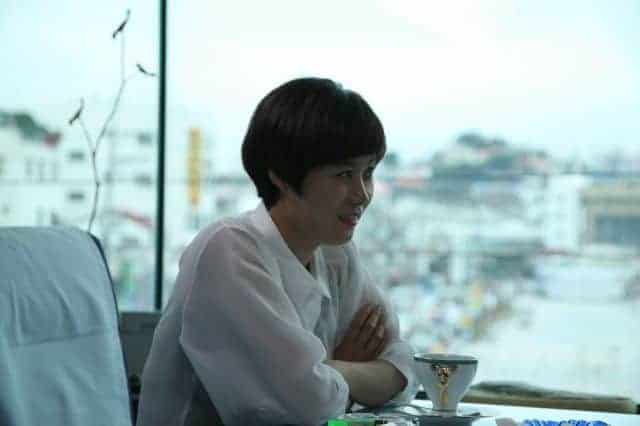
Hong Sang-soo directs and pens a film that focuses on human relations, both romantic and in terms of family, while he manages to squeeze some comments about poetry. What sets his film apart from the plethora of similar ones is that his characters are eccentric, very frequently drunk, not sure at all of what they want from their lives, although willing to go to extremes to achieve it, and liars. In that fashion, Bang Joong-sik is in love with Moon-kyeong, but does not want to leave his wife and children. Kang Jeong-ho is torn between two women, and Wang Seong-ok between two men. Furthermore, getting drunk seems to be the only action that makes them decide, in a rather humorous concept, which appears repeatedly in the film. (Panos Kotzathanasis)
4. House of Hummingbird (Kim Bo-ra, 2019)
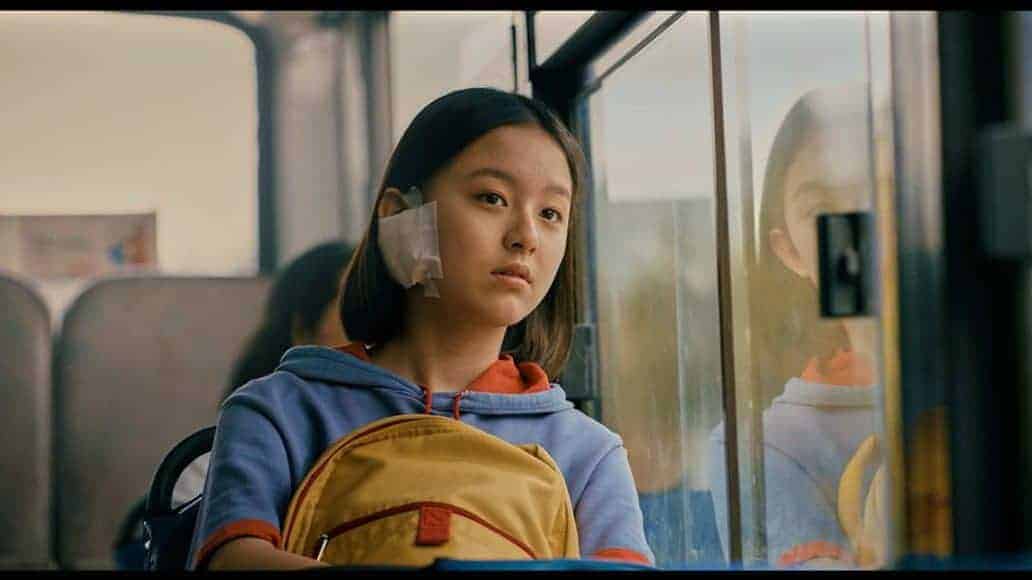
“House of Hummingbird” belongs to the happy family of films like “The World of Us”, “Han Gong-ju”, “A Girl at My Door”. It's a subtle observation of a teenage girl in Korea in the typical detached “slice-of-life” manner but it's also a portrait of the multifaceted environment and the social circumstances that have impacted and marginalised the girl and her family. Layered and rich of humanity, the characters of “House of Hummingbird” are far from black and white and the reasons behind their actions are complex and nuanced. (Adriana Rosati)
5. Move the Grave (Jeong Seung-o, 2019)

What is interesting, in “Move the grace” women are strong, dominating and decisive, while male are weak and immature, unable to cope with the roles of leaders. Like Geum-hee's fiancée, who suggests that to support their future budget as a married couple, he may bring toothpaste from his parents' house. The movie reflects bitterly on traditional family ties and is an interesting commentary to changes in gender roles in modern Korean society. It marks forming the new system of values and inevitable conflict between the old ways and the modern practice. (Joanna Kończak)
6. Bandhobi (Sin Dong-il, 2009)
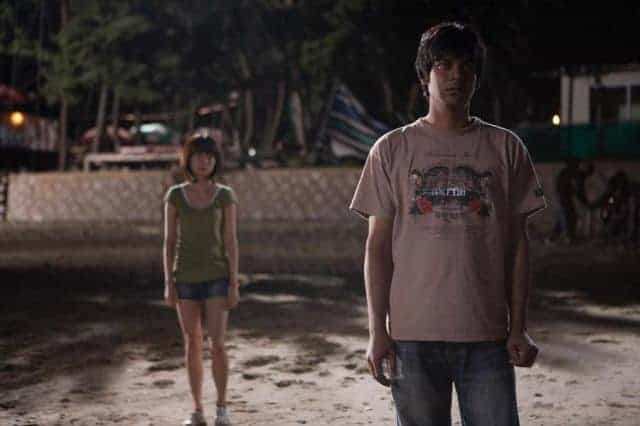
Sin Dong-il has managed to shoot a film that could easily make you cry in a way that actually makes you laugh, One of the great things in Sin Dong-il's direction, however, is that although the issues he presents are quite serious and the story could easily be presented as a melodrama (which is what most Korean directors would do), the overall aesthetics of the narrative follow a path that occasionally borders on hilarity. Min-seo's “step father” is the main source of this approach, with Parl Hyuk-kwok giving a great performance in the role, but the style actually extends to the whole of the narrative, through a number of episodes, like the one with the girl's meeting with her homeroom teacher. (Panos Kotzathanasis)
7. Delta Boys (Ko Bong-soo, 2016)
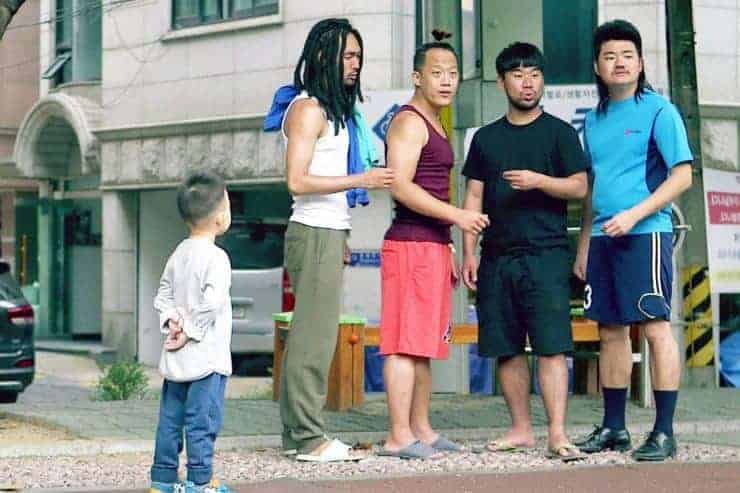
Ko Bong-soo directs a film that is quite funny, particularly through the interactions of the four protagonists, but also through the extreme relationship Joon-se shares with his wife. His humor works both as episodic and through dialogues, in a subtle, quirky way that makes it very interesting and quite unique. Furthermore, the fact that the four do not seem to do anything regarding their purpose is also quite funny, with the many scenes of eating, drinking and conversing being quite reminiscent of Hong Sang-soo's style, although in a much more funny way. (Panos Kotzathanasis)
Subscribe to AMP newsletter by clicking on the image below

8. Spring, Summer, Fall, Winter… And Spring (Kim Ki-duk, 2003)
Lee Seung-won uses the radical difference in the way the two protagonists cope with their psychological issues to emphasize the magnitude of these problems and the way Korean society ignores or simple stands uncomfortable in front of them. She seeks extremes, mostly of sexual nature, and he, being more introvert, has resorted to calling a complaints hotline, demanding they address meaningless issues, like the fact that the dog of a neighbor watches him when he passes in front him. Their relationship, however, would be utterly non-justifiable if Mr. Kim did not eventually help Sun with her sick sex inclinations, particularly the one of putting various objects in her vagina, in one of the most difficult to watch scenes in the film. Furthermore, as Lee focuses mainly on the hysteria of two highly unlikable characters, he fails to create any empathy towards them, thus creating a detached feeling regarding their relationship and suffering. Another trait of the direction, subtler this time, is the irony occasionally showing in the film, which is exemplified by the title and the ending. (Panos Kotzathanasis)
9. Merry Christmas Mr Mo (Lim Dae-hyeong, 2016)
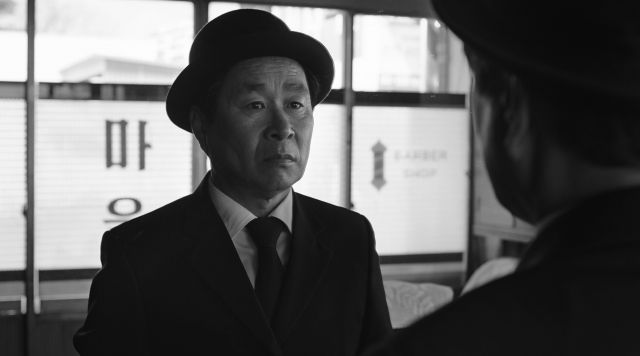
The narrative, which is split in five chapters, also moves towards the same direction, while the gradual revealing of Mr Mo's true personality, which actually lasts until the very end, also being one of the biggest traits of the film. The same applies to Ha Hyeon-jin's minimal, bluesy music that fits the general atmosphere of the movie perfectly. (Panos Kotzathanasis)
10. Take Care of My Cat (Jeong Jae-eun, 2001)
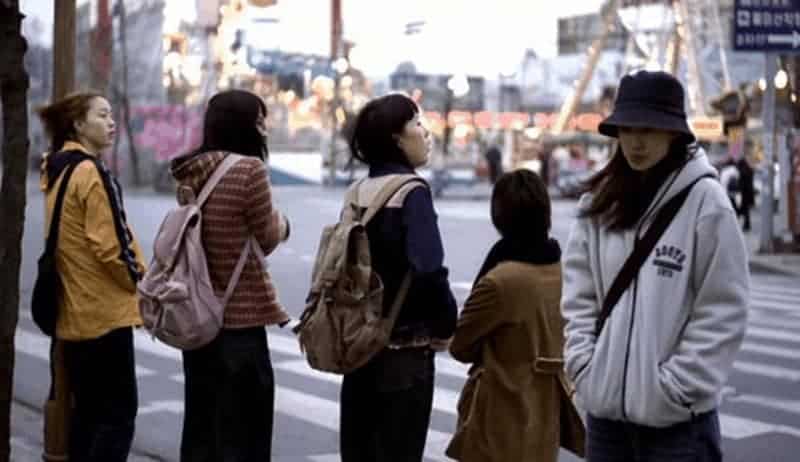
Jeong Jae-eun paints escape as beyond the country capital. The world is a key theme throughout, with Hye-joo's office having a map of the world printed on its glass wall, though she will only ever see the Seoul skyline from the office window. Tae-hee continually looks for ways of going abroad, but often doesn't have the means. Ji-young also harbours quiet ambitions to study textiles abroad, though perhaps hides it merely as a pipedream. In the end it is this pair, that seem to be procrastinating into their twenties, who are the ones who truly escape. (Andrew Thayne)


